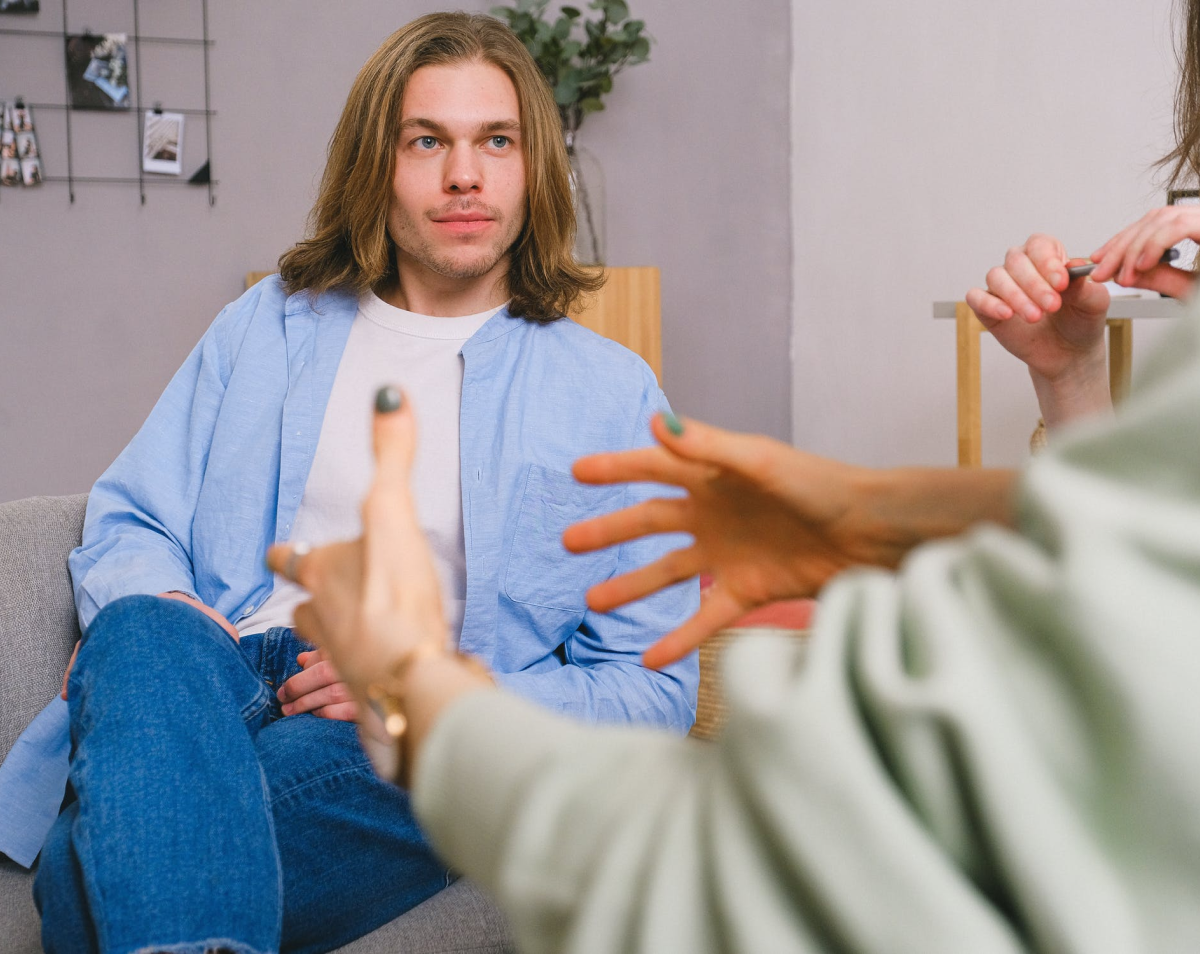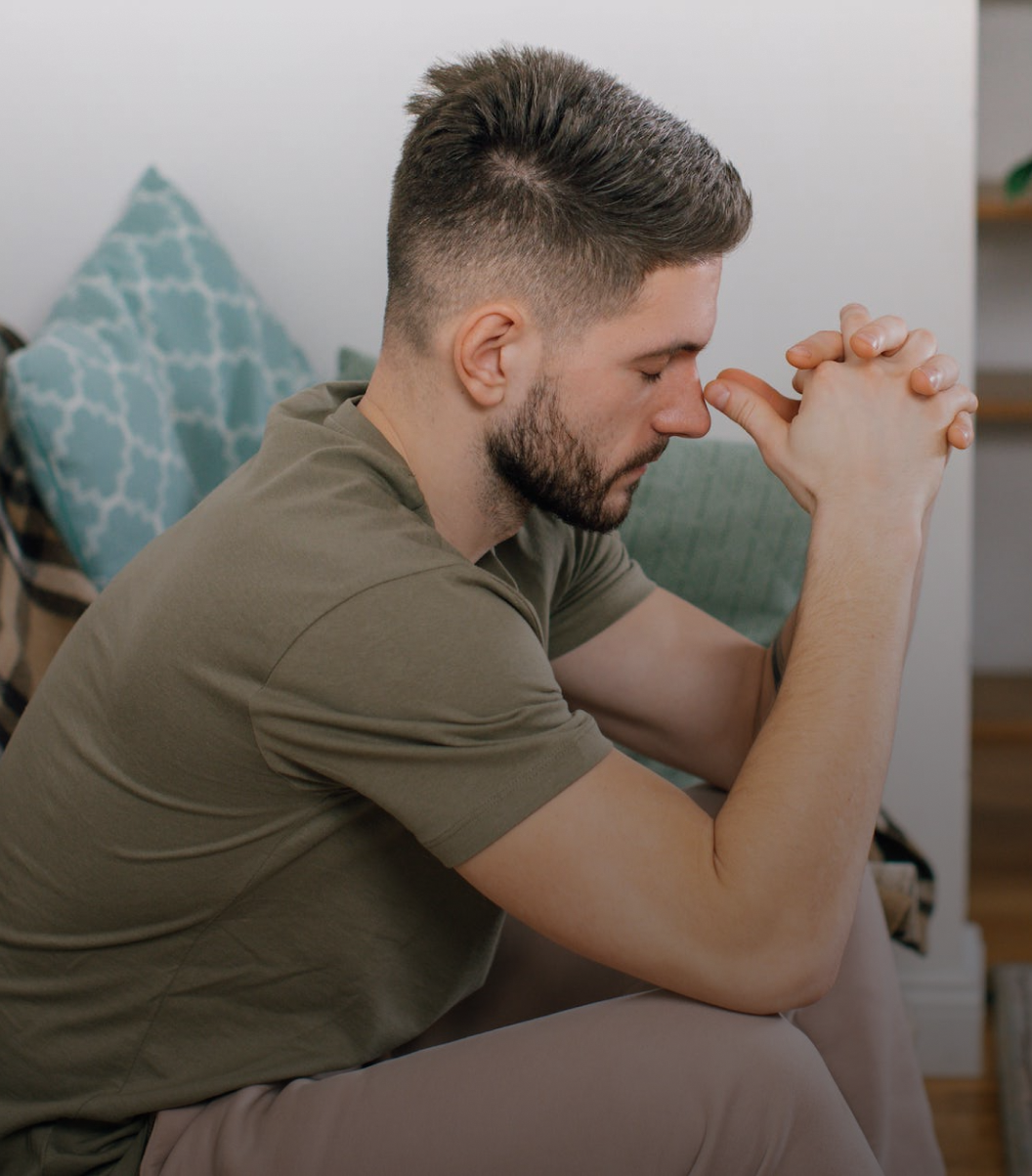Able to Change Recovery
Intensive Outpatient Rehab Program (IOP) in Orange County
Discover the Best of Both Worlds with IOP for Mental Health and Addiction


Discover the Best of Both Worlds with IOP for Mental Health and Addiction





Intensive Outpatient Treatment (IOP) is a structured, flexible treatment program designed for individuals who require more support than traditional outpatient care but do not need the full-time supervision of residential treatment.[1] IOP provides a higher level of care than standard outpatient services, allowing participants to live offsite and maintain their daily responsibilities.
Typically, IOP involves several hours of therapy and counseling per week, including a combination of individual therapy, group therapy, and other supportive services.[2] The program focuses on addressing mental health conditions, substance use disorders, or co-occurring disorders through intensive therapeutic interventions. Participants engage in sessions that explore coping strategies, behavioral changes, and relapse prevention techniques.
The flexible nature of IOP allows individuals to integrate drug rehabilitation, mental health treatment, and dual diagnosis care into their daily lives, balancing therapy with work, school, or family commitments. This level of care is ideal for those who have completed residential treatment or who require a structured environment to support their recovery goals. By offering comprehensive support while allowing individuals to remain in a more natural, home-like environment, IOP facilitates ongoing recovery and helps build a foundation for long-term success (in tandem with several evidence-based therapies and holistic treatments, such as therapy, yoga, and support groups).
IOP is designed to offer a structured yet flexible approach to managing addiction and mental health disorders. It provides intensive support while allowing individuals to maintain their daily responsibilities, making it an effective bridge between residential treatment and independent living.[3] Some of the features of IOP include:
Participants adhere to a regular schedule of therapy sessions, typically several hours a week. This consistent structure helps maintain focus and commitment to treatment while balancing daily responsibilities.
IOP includes individual therapy, group therapy, and other supportive services. This diverse approach addresses various facets of recovery, such as personal struggles, social interactions, and family dynamics, catering to both addiction and mental health needs.
Unlike residential treatment, IOP allows individuals to live at home, enabling them to apply therapeutic skills in real-life situations. This flexibility supports the integration of treatment into everyday life while managing responsibilities.
The program creates a supportive community through group therapy, where participants connect with others facing similar addiction and mental health challenges, offering shared experiences and mutual support.
IOP focuses on developing effective relapse prevention strategies, equipping individuals with coping mechanisms to handle triggers and stressors related to both addiction and mental health.
Intensive Outpatient Programs play an important role in the continuum of care for treating both mental health and drug addiction issues. They provide a highly effective alternative to inpatient or residential treatment for many individuals seeking recovery, along with a critical stepping-down point for those who have completed treatment. Research and clinical studies consistently show that for many people, IOPs are as effective as inpatient treatment for managing substance use and related mental health issues.[4]


Multiple randomized trials and naturalistic analyses have demonstrated that IOPs produce outcomes comparable to those of inpatient or residential care. These studies and resulting statistics have consistently reported substantial reductions in alcohol and drug use from baseline to follow-up, affirming the effectiveness of IOPs in supporting long-term recovery.
A recent study about IOP effectiveness revealed significant decreases in self-reported substance use, PTSD, and depression symptoms following treatment.[5] Additionally, participants reported increased satisfaction with their involvement in social roles, highlighting the positive impact of IOPs on overall quality of life.
The addiction treatment programs at Able to Change Recovery mental health and addiction treatment center incorporate a diverse array of therapeutic modalities to support comprehensive recovery in our Orange County IOP program. Each modality is utilized to address both mental health treatment and substance use disorder challenges, providing a holistic and individualized approach to treatment in both group and individual therapy sessions.
At Able to Change Recovery’s Orange County addiction treatment center, we understand that wellness and recovery is a journey that requires different levels of support at various stages. In addition to our holistic therapy approach and compassionate outlook, we offer a continuum of care to meet the diverse needs of our clients. Each level of care is designed to provide the appropriate intensity of treatment while promoting independence and sustainable recovery. Here are two key programs we offer

Our PHP offers intensive treatment while allowing clients to reside at home or in a supportive living environment. This program typically involves full days of therapy and activities, usually 5-7 days a week. PHP is ideal for individuals who need more structure and support than traditional outpatient drug rehab care but don't require 24-hour supervision. It serves as a step-down from residential drug and alcohol addiction treatment or an alternative to inpatient care for those with a stable living situation.
Learn More
Our residential treatment program provides 24/7 care in a structured, supportive environment. Clients live on-site, participating in a comprehensive daily schedule of individual therapy, family therapy, group sessions, holistic activities, and life skills training. This immersive experience allows individuals to focus entirely on their recovery, away from the stressors and triggers of their usual environment. Residential treatment is particularly beneficial for those with severe drug or alcohol addiction, co-occurring disorders, or those who have not found success with less intensive levels of care.
Learn MoreFrequently Asked Questions and Information
A good candidate for Intensive Outpatient Treatment typically requires more support than standard outpatient therapy but does not need the round-the-clock supervision provided by inpatient care. This often includes individuals struggling with moderate to severe substance abuse issues, mental health disorders such as depression or anxiety, or a combination of both.
Candidates for IOP usually have a stable home environment and can benefit from intensive therapy while maintaining their daily responsibilities, such as work or school. Additionally, outpatient addiction treatment in Orange County is suitable for those who have a strong support network and are motivated to engage actively in their treatment process.
Intensive Outpatient Treatment and outpatient alcohol rehab in Orange County are designed to address a wide array of issues, primarily focusing on mental health and substance abuse concerns. It is effective for individuals dealing with substance use disorders, including alcohol and drug addiction.
Additionally, IOP is utilized for managing mental health conditions such as depression, anxiety, trauma, and post-traumatic stress disorder (PTSD). The program can also be beneficial for those with eating disorders and co-occurring disorders where mental health and substance abuse issues intersect. The goal of IOP is to provide a structured and intensive treatment environment that supports individuals in addressing and overcoming these challenges – while remaining less restrictive than inpatient care.
Yes, many people can continue working or attending school while participating in intensive outpatient treatment programs. The program is designed to be flexible, accommodating participants’ existing commitments by scheduling therapy sessions during the day or evening.
This flexibility allows individuals to integrate their treatment into their daily lives without disrupting their professional or academic responsibilities. By balancing therapy with work or school, participants can apply the skills and strategies they learn in IOP to real-life situations, which can enhance their overall recovery and success in managing their condition.
Missing an Intensive Outpatient Treatment session can impact your progress and the continuity of your care. Most IOP programs have specific policies regarding missed sessions, which may include make-up sessions or additional support options.
It is crucial to communicate with your treatment team as soon as possible if you are unable to attend a session so they can help address any issues and adjust your treatment plan if necessary. Consistent attendance is important for maintaining momentum in treatment, but programs understand that occasional absences may occur and will work with you to help you stay on track.
[1,2,4] McCarty, D., Braude, L., Lyman, D. R., Dougherty, R. H., Daniels, A. S., Ghose, S. S., & Delphin-Rittmon, M. E. (2014). Substance Abuse Intensive Outpatient Programs: Assessing the Evidence. Psychiatric Services, 65(6), 718–726. https://www.ncbi.nlm.nih.gov/pmc/articles/PMC4152944/ on September 16, 2024
[3] CLINICAL ISSUES IN INTENSIVE OUTPATIENT TREATMENT FOR SUBSTANCE USE DISORDERS. (n.d.). https://store.samhsa.gov/sites/default/files/pep20-02-01-021.pdf on September 16, 2024
[5] Watkins, L. E., Patton, S. C., Drexler, K., Rauch, S. A. M., & Rothbaum, B. O. (2022). Clinical Effectiveness of an Intensive Outpatient Program for Integrated Treatment of Comorbid Substance Abuse and Mental Health Disorders. Cognitive and Behavioral Practice, 30(3). https://www.sciencedirect.com/science/article/abs/pii/S1077722922001122 on September 16, 2024
Adding {{itemName}} to cart
Added {{itemName}} to cart